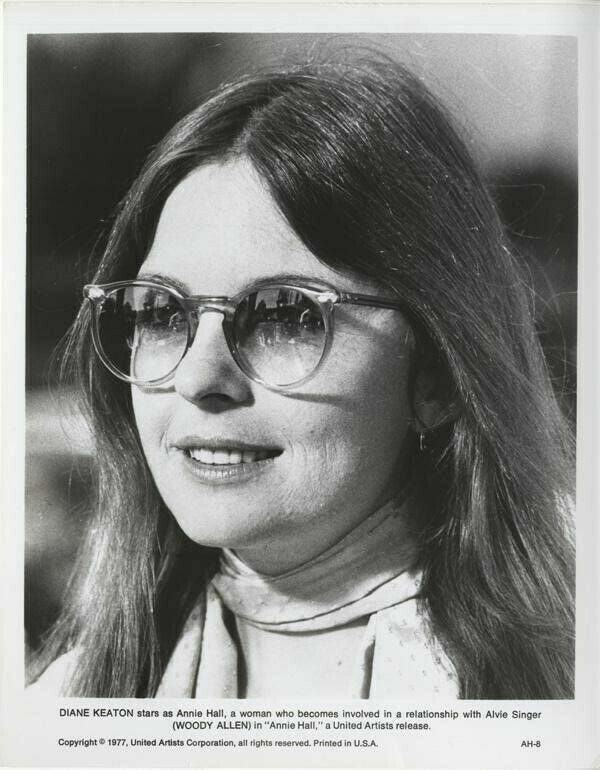The Purity Trap
Why Diane Keaton’s Legacy Challenges Our Moral Binaries?
Diane Keaton’s passing invites a profound re-examination of artistic independence and personal conviction in an age that demands ideological purity. This article delves into how her controversial loyalties expose the fallacy of clear-cut moral binaries, urging a more nuanced understanding of courage and conviction.
The Iconoclast’s Defiance in a Polarized World
The passing of Diane Keaton at 79 isn’t just about losing a Hollywood legend; it’s about reflecting on a particular kind of courage that seems increasingly rare today. She was the quirky iconoclast who truly lived on her own terms, defying norms in her roles and, perhaps more significantly, in her controversial loyalties. In an era where rigid moral frameworks and the swift judgment of ‘cancel culture’ dominate, Keaton’s life and choices stand as a potent, and often uncomfortable, challenge to our illusions of absolute purity. Her refusal to abandon loyalty, even when it was politically inconvenient, forces us to question what true artistic independence and personal agency look like in a society that often demands ideological conformity from its public figures.
Hollywood’s Moral Straitjacket and the Illusion of Artistic Independence
Hollywood, for all its talk of freedom and progress, often imposes its own rigid moral code. The public sphere, now amplified by our digital echo chambers, relentlessly demands that artists perfectly align with prevailing social justice narratives, or face professional ostracism. I’ve often wondered if this pressure truly fosters a better society, or if it just creates a climate of fear. Keaton, through her enduring support of Woody Allen amidst grave allegations, truly carved out a space of uncomfortable truth. This wasn’t necessarily an endorsement of specific actions, but a steadfast refusal to participate in the communal ritual of condemnation without due process. It illuminates a critical tension for all of us: can true independence of thought or art exist when our personal associations are policed with such intensity? Or does this environment subtly foster a fear of thinking critically that ultimately suffocates genuine expression and moral complexity?
The greatest danger to freedom is not the absence of criticism, but the inability to withstand it.
– Hannah Arendt
Loyalty Versus Condemnation: A Dialectic of Conscience
Keaton’s enduring loyalty forces us into a deep, often uncomfortable, reckoning with our own personal ethics. On one side stands the powerful societal imperative to condemn alleged transgressors, often driven by a genuine empathy for victims and the rightful demand for accountability. But on the other, there’s the profound human impulse towards loyalty—a refusal to forsake those with whom we have a long, complex history. The synthesis here isn’t about choosing one side or the other, but about an urgent call to examine the limits of collective judgment. When does the pursuit of justice, however noble, inadvertently morph into a performative purge? When does a demand for purity become a mechanism for intellectual and moral cleansing that stifles dissent and individual conscience? Keaton’s life quietly suggests that true moral courage often lies not in joining the loudest chorus, but in holding fast to one’s own, often solitary, convictions, forcing society to confront the uncomfortable shades of gray.
Go Deeper
Step beyond the surface. Unlock The Third Citizen’s full library of deep guides and frameworks — now with 10% off the annual plan for new members.
Reckoning with Complexity in an Age of Certainty
The legacy of Diane Keaton transcends her cinematic achievements; it serves as a powerful mirror reflecting our own societal discomfort with moral ambiguity. Her journey reminds us that life, art, and human relationships rarely fit neatly into the binary boxes of good or evil, hero or villain. In a world increasingly addicted to the dopamine rush of instant judgment and clear-cut narratives, Keaton’s quiet defiance offers a vital lesson: genuine independence of thought often requires the courage to stand apart, to accept the uncomfortable weight of loyalty, and to resist the siren song of absolute certainty. I believe her life challenges us, as it challenges me, to reclaim the capacity for nuanced thought and to nurture a space where the complexities of human experience are not instantly reduced to a simple moral equation.
The price of freedom is eternal vigilance, not only against external threats but against the internal impulse to conformity.
– Christopher Hitchens




These are very perceptive observations about freedom of thought. I have always admired Keaton’s loyalty to her friend, and the loyalty of many others, Wallace Shawn, in particular, who know intuitively that the accusations against Allen ring false. (Not to mention the two legal investigations).
It has always baffled me that none of the accusers seem to consider that, no matter what the odds are, if Allen’s claims are true, Mia Farrow, not Allen, has deliberately ruined the life of her daughter, simply to get revenge.